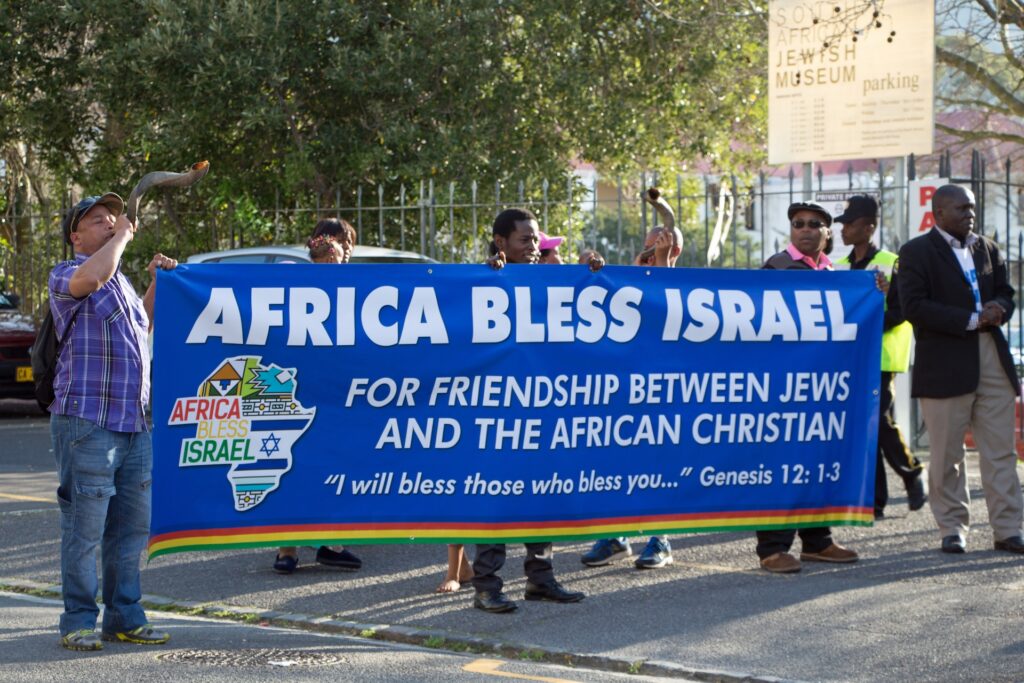Gaza Between Occupation, Division, and COVID-19: Confronting Total Collapse
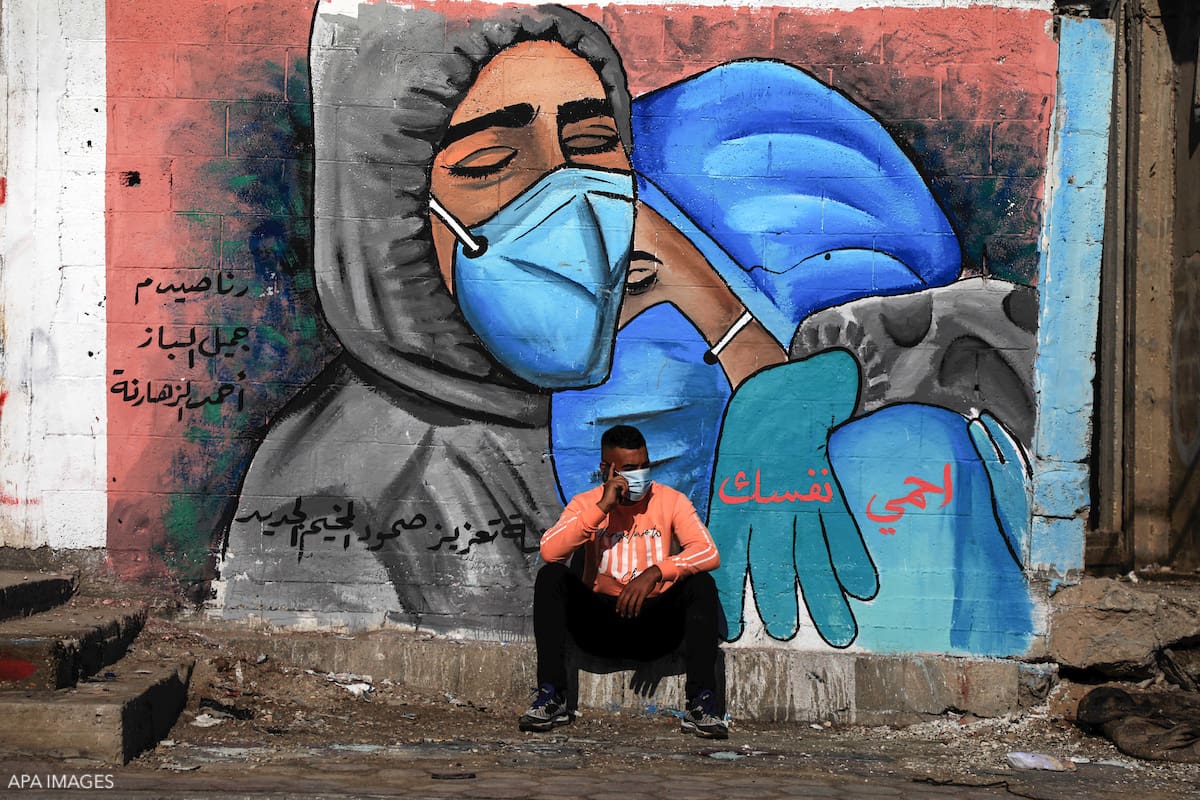
Gaza is in a state of total collapse. How has the COVID-19 pandemic exacerbated the challenges Palestinians in Gaza experience as a result of the ongoing Israeli occupation and political division in their leadership? Al-Shabaka member Ali Abdel-Wahab examines the impacts of these three factors on the lives of Gazans, and describes their strategies for confronting this reality.
YouTube’s Violation of Palestinian Digital Rights: What Needs to be Done

Palestinians are increasingly reporting that their digital rights are being violated by social media platforms, including YouTube. Al-Shabaka policy analyst, 24366, examines YouTube’s problematic community guidelines and policies, and how they are used to discriminate against Palestinian users’ content. She offers recommendations for protecting the digital rights of Palestinian activists, journalists, and human rights defenders.
Tourism and Israel’s Settler Colonial Project: Seeking Ethical Alternatives
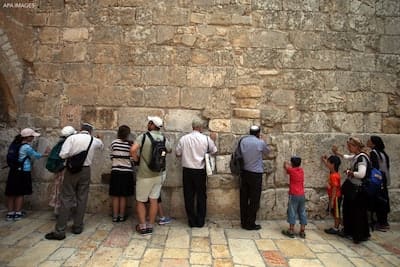
The role of tourism in advancing Israel’s settler colonial project dates back to the arrival of Zionists in Palestine. Today, it is most clearly articulated through religious tours that legitimize the Israeli regime’s continued theft of Palestinian land and oppression of the Palestinian people. How does religious tourism in Palestine serve the Israeli regime’s colonial […]
Destroying Palestinian Jerusalem, One Institution at a Time
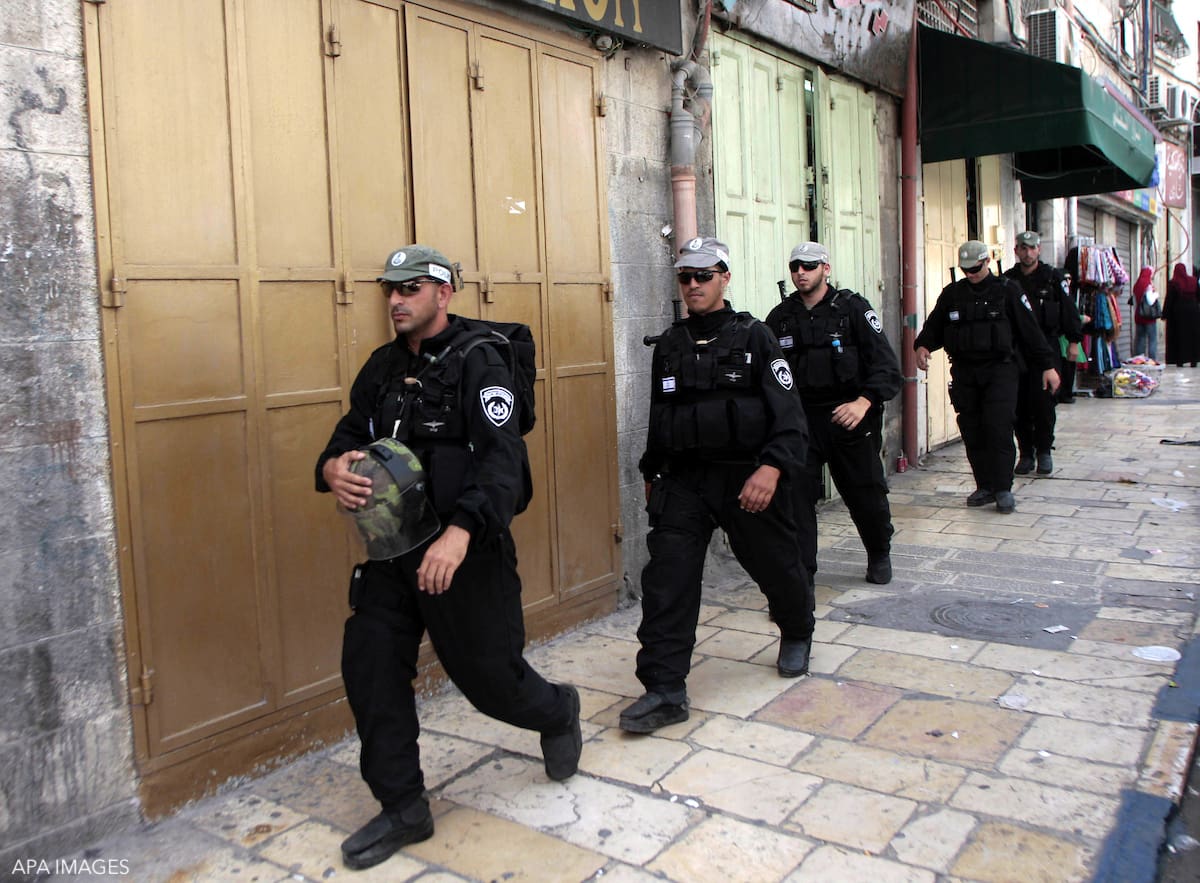
The Israeli state has actively sought to destroy Palestinian Jerusalem since its creation in 1948. Al-Shabaka’s Senior Palestine Policy Fellow, 24588, examines the July 2020 attacks on three Palestinian cultural institutions in East Jerusalem as part of the Israeli regime’s systematic destruction of the city’s Palestinian identity. She offers policy recommendations for protecting Jerusalem’s Palestinian cultural and political institutions.
The Reification of Ramallah: Undermining a Palestinian Capital in Jerusalem
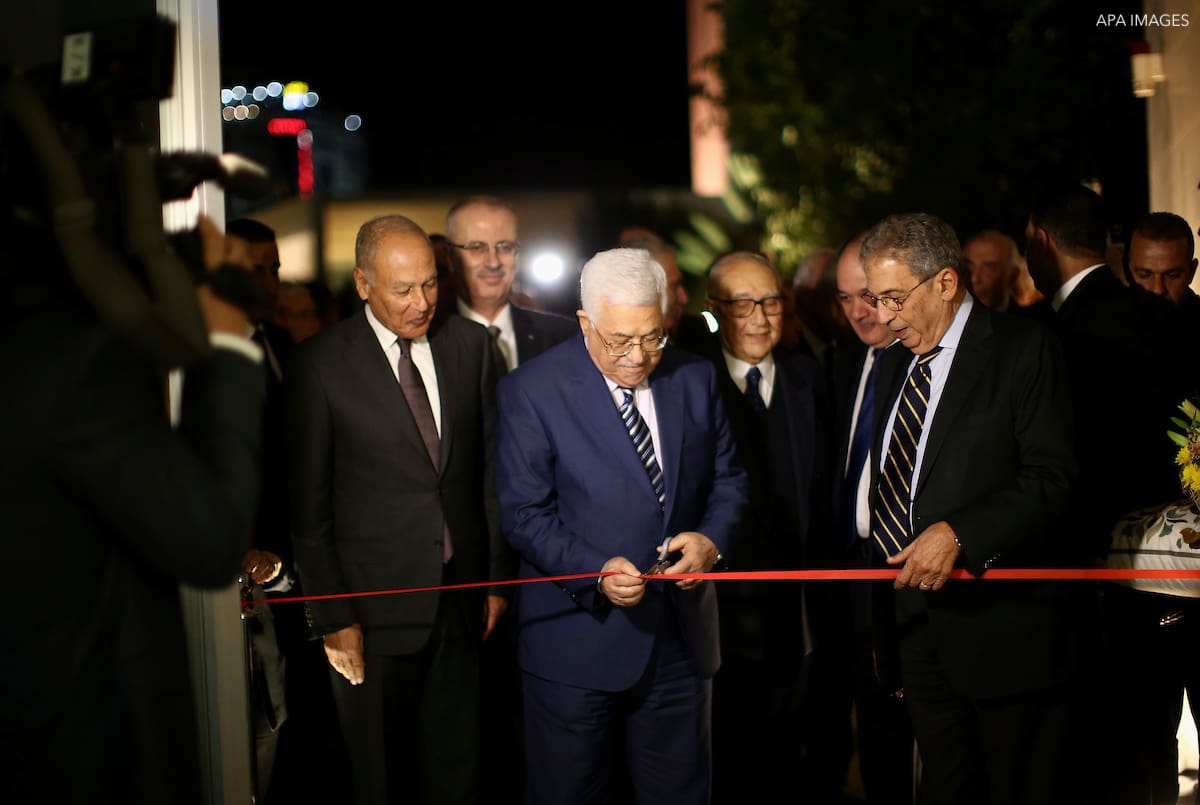
While civil society organizations have highlighted tourism’s role in advancing Israeli land theft in the West Bank, few describe how Palestinian Authority (PA) investments can also undermine Palestinian calls for self-determination. Al-Shabaka’s 24418 analyzes how the PA’s governmental and cultural investments in Ramallah establish facts on the ground that obscure Palestinian claims to a capital in Jerusalem.
Israel’s Losing Battle: Palestine Advocacy in the University
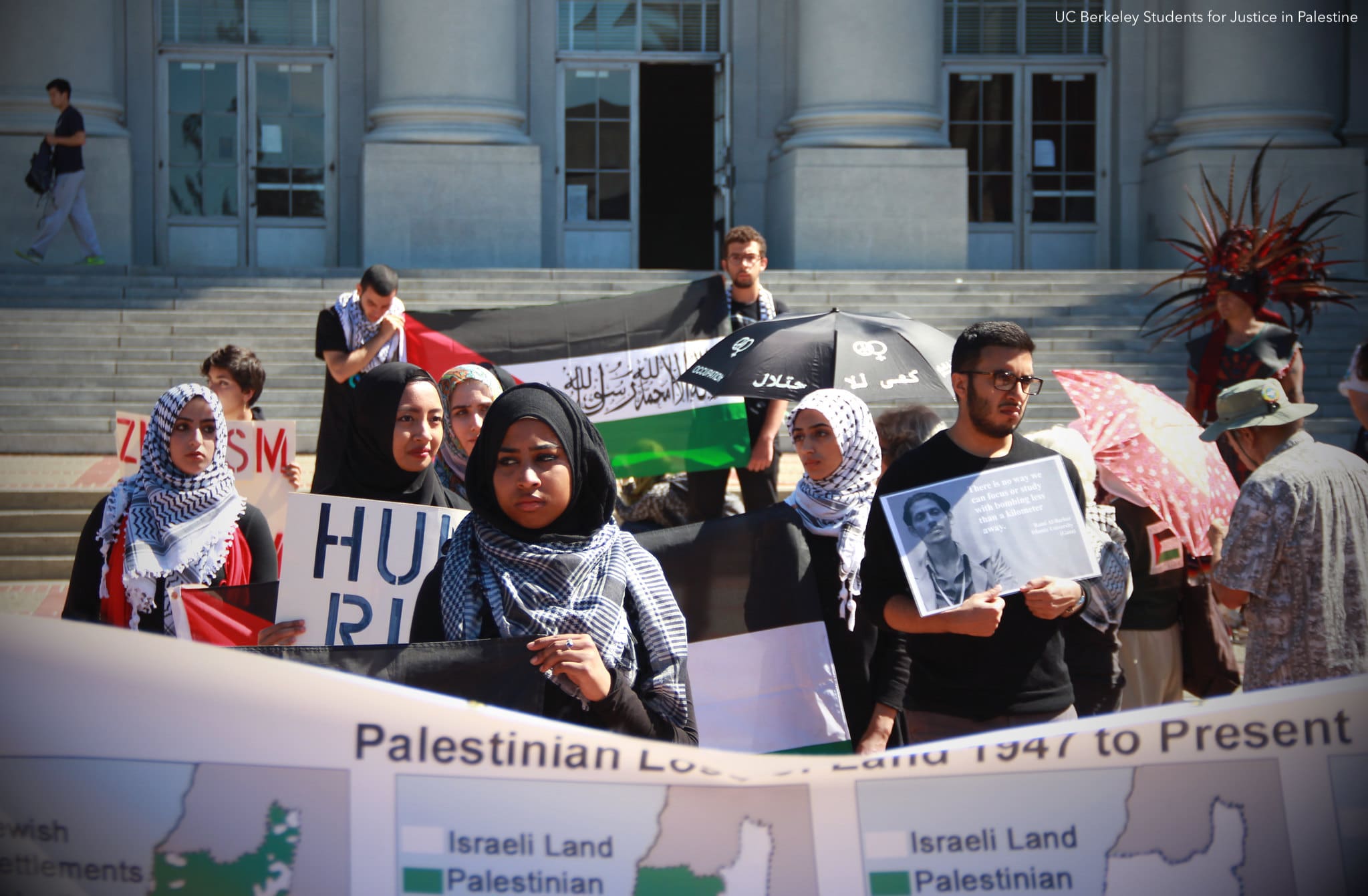
The majority of suppression of Palestine advocacy in the US targets university students and faculty. Al-Shabaka’s Hatem Bazian traces the historic rise of this advocacy, offering recommendations for how the university, despite attacks against it, can continue to provide and even amplify an environment that fosters critical thinking on Palestine, in turn furthering the struggle for Palestinian rights.
In Palestine, COVID-19 Meets the Israeli Occupation
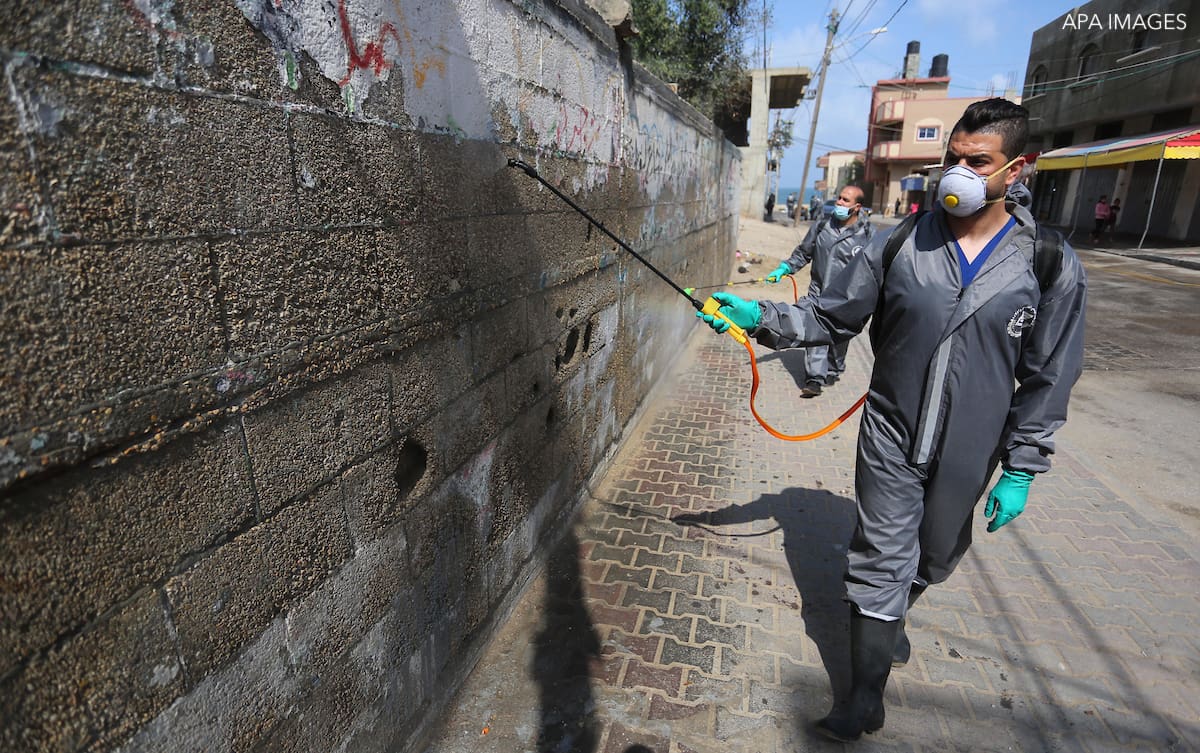
The West Bank and Gaza Strip are confronting COVID-19 from a reality of Israeli military occupation. Al-Shabaka Senior Palestine Policy Fellow 24588 analyzes the severe challenges this presents to Palestinians, Israel’s political manipulation of the virus, and the international community’s normalizing response – and how it should change.
Radical Futures: When Palestinians Imagine
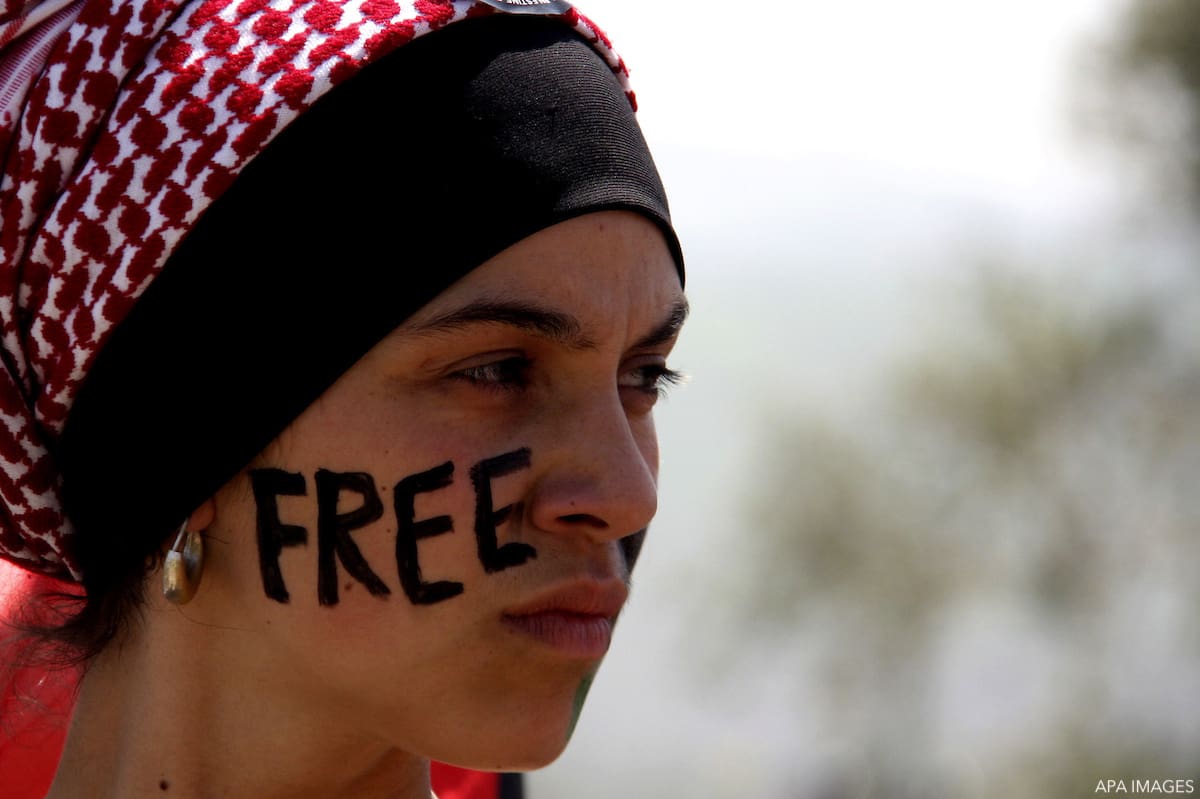
Settler colonial projects such as Israel seek to control perceptions of reality in order to bind Indigenous and colonized people in a seemingly perpetual state of being. Imagining a future beyond this state is thus a rebellious and radical act. Al-Shabaka’s 24588 explores the need for Palestinian imaginings of radical futures and highlights current examples of such work.
Criminalizing Palestinian Resistance: The EU’s Additional Condition on Aid to Palestine
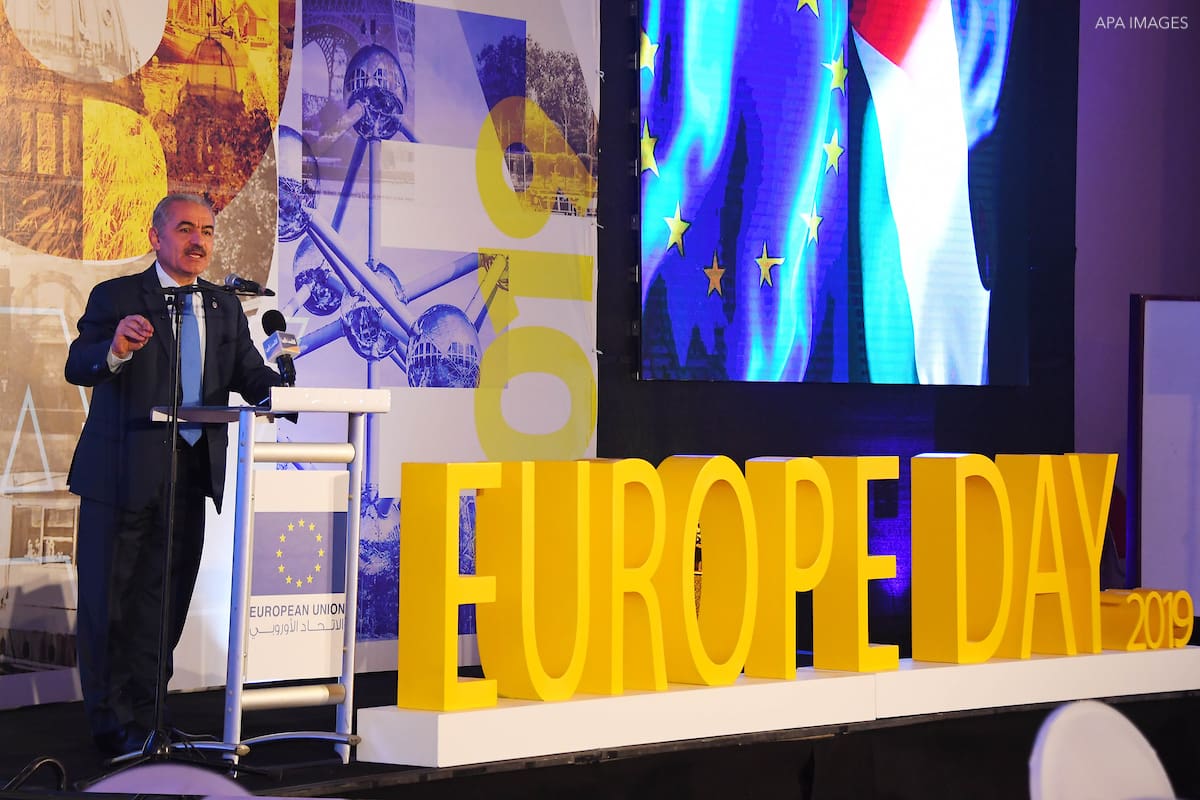
The EU recently announced additional conditions on its aid to Palestinian civil society organizations, namely that they must not deal with individuals or groups designated by the EU as “terrorist.” What effects will this have and what can Palestinians do about it? Al-Shabaka spoke with policy analyst Tariq Dana about these questions and international aid to Palestine more broadly.






